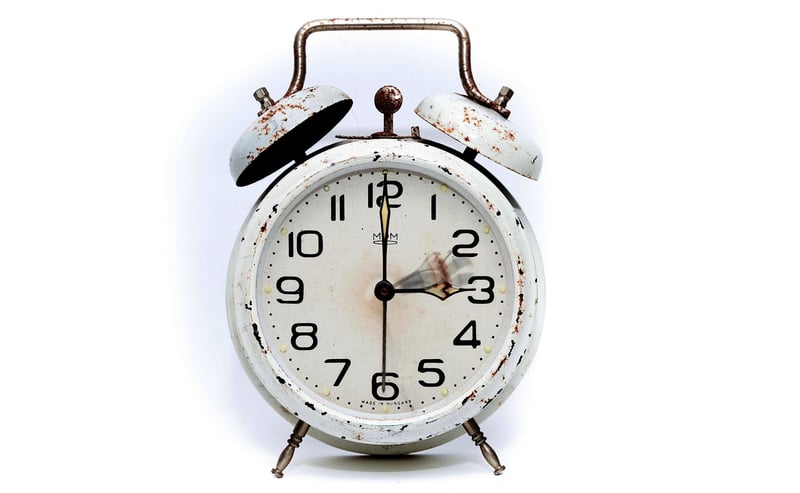Temporal Paradoxes
The Moral Implications of Time Travel and Temporal Paradoxes
Time travel has long been a fascinating concept in science fiction, but what if it were possible in reality? The idea of traveling through time raises not only scientific questions but also ethical and moral considerations that are worth exploring. Let's delve into the moral implications of time travel and the intriguing concept of temporal paradoxes.
Moral Implications of Time Travel
One of the primary moral dilemmas of time travel is the potential to alter the course of history. Imagine a scenario where a time traveler goes back in time and inadvertently changes a key event, leading to unforeseen consequences in the present or future. Should individuals have the right to tamper with historical events, even if their intentions are noble?
Furthermore, the concept of altering one's past raises questions about personal responsibility and accountability. If someone could go back in time to undo a past mistake or prevent a tragedy, should they do so, or would meddling with the past have unintended repercussions?
Temporal Paradoxes
Temporal paradoxes add another layer of complexity to the ethics of time travel. The most famous of these paradoxes is the grandfather paradox, where a time traveler goes back in time and prevents their grandparents from meeting, thus erasing their own existence. This paradox highlights the inherent contradictions that arise from changing the past.
Another intriguing paradox is the bootstrap paradox, where an object or information is sent back in time in an infinite loop with no clear origin. This paradox challenges our understanding of causality and raises questions about the origin of things in a time-traveling scenario.
Conclusion
Time travel opens up a world of moral implications and philosophical questions that push the boundaries of our understanding of ethics and causality. While the concept of time travel remains speculative, exploring its moral dilemmas and temporal paradoxes provides valuable insights into our own values and beliefs.

Image Source: Pixabay
